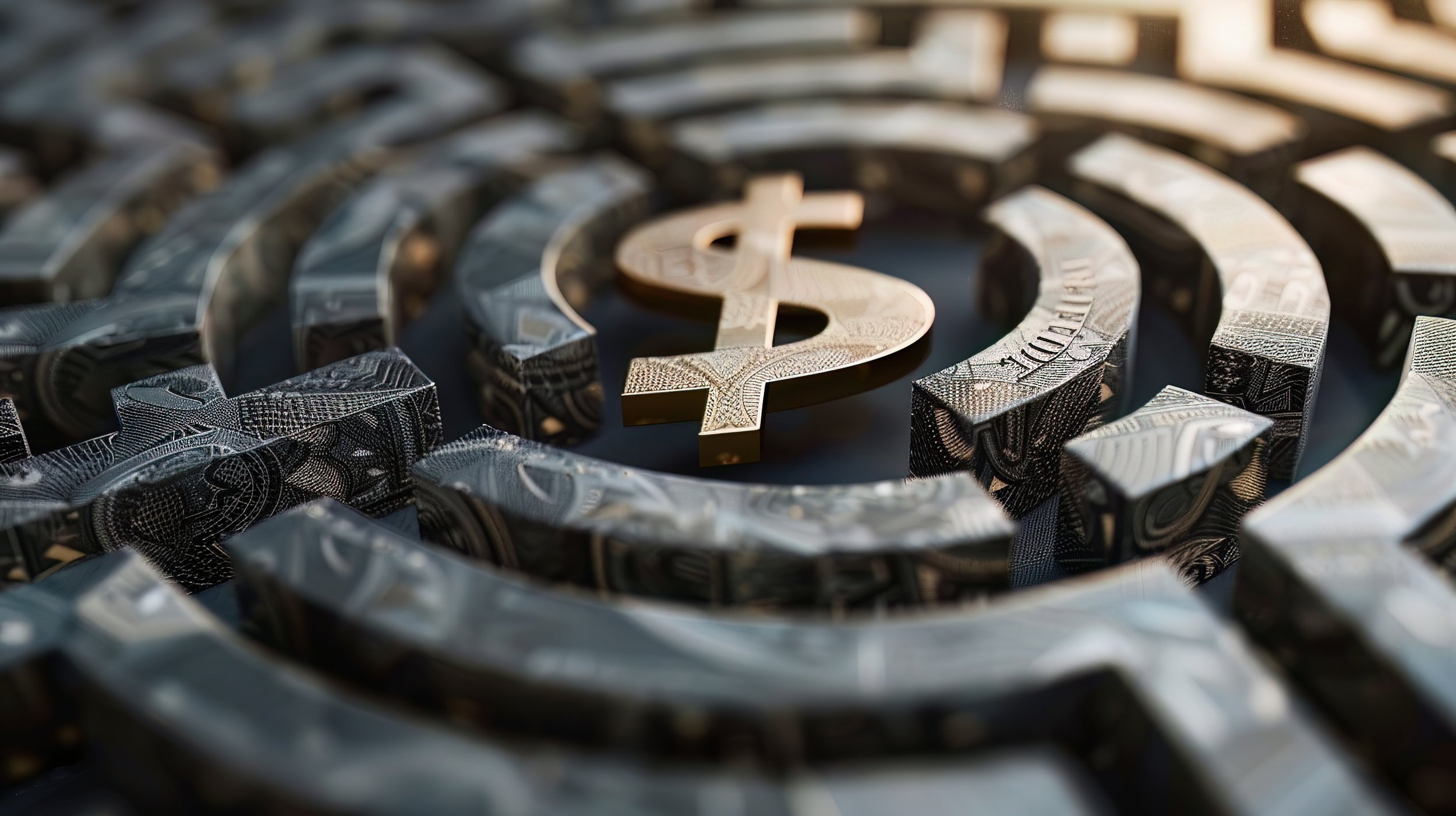7 Ways To Protect Your 401(k) From COVID-19
From Rocket HQ
If you’ve been paying attention to the economy for the last few weeks, you might be feeling a bit of mental whiplash. News of COVID-19 has caused markets everywhere to drop rapidly, leaving those with their retirement savings in investments wondering: What now?
Big news stories, whether they’re about a worldwide viral situation or something else, “always have and always will add volatility to the markets,” says Greg Klingler, director of wealth management at the Government Employees’ Benefit Association.
The most important thing you can do right now is not panic or make decisions out of fear. This is what all those financial experts have been talking about all this time: sticking with your investment strategy when the inevitable happens and the market takes a significant dip.
As we ride this thing out, here are some steps you can take to protect your 401(k) or other retirement savings from this situation.
Stay In The Market
Though it might seem counterintuitive to protect your investments from this downturn by continuing to expose your money to the volatility, most investors will likely benefit from staying the course.
Historically, the market has always gone back up after a downturn. If what’s happened in the past is any indication of what will happen in the future, it’s a matter of when, not if, the market will bounce back. If you pull out your money now, you’re robbing yourself of the chance to regain what you lost (and possibly then some).
“Patience is truly a virtue when facing the ever-present volatility of the stock market,” Klingler said. “Unfortunately, I’ve seen a great number of clients make emotional, rash decisions during market turbulence, only to see them quickly backfire, undercutting their long-term financial security and putting them on a very difficult path to recovery.”
Think Long-Term
Even if you’re only a few years out from retirement, you still might have more room to wait it out than you think.
“Based on the measurement of each recovery since 1900, the average recovery time for bear market equities (a downward swing of 20% or more) to return to bull market levels is about 3.2 years,” Klingler says. “So while you and your financial adviser should periodically assess and carefully consider rebalancing your portfolio, it’s essential to remind yourself that you’re not playing the day traders’ game: you’re investing for the long run and your long-term financial security.
Have A Plan And Stick To It
Robert Johnson, a professor of finance at Creighton University’s Heider College of Business and author of “Investment Banking for Dummies” and other investment-related books, recommends that every investor create what is called an Investment Policy Statement that outlines their goals and the amount of risk they’re comfortable taking on.
“In essence, an IPS sets out the ground rules of the investment process – it is the document that guides the investment plan,” Johnson says.
An IPS should be developed during a calm market as a guide for what to do during a volatile market, he says. Once you’ve made your IPS, it should only be changed if your personal circumstances change, not due to any changes in the market.
Though many investors may naturally think that the first thing to do when their current strategy isn’t working is to try something else, sticking with your original strategy is typically better in the long run (provided you’ve done proper research or worked with a professional to ensure that your strategy is sound).
“As painful as it is watching the markets fall, remember the words of the late John Bogle, the founder and CEO of the Vanguard Group, who said, ‘Don’t do something, just stand there!’” Johnson says.
Keep Up (Or Increase) Your Contributions
No, you’re not throwing money away if you continue to invest while the market is down. In fact, you’re getting a bargain. Because the market is down, the prices of stocks are lower, which means you’re getting more bang for your buck than you normally would.
Plus, if you get an employer match on your 401(k) contributions, you want to continue to take advantage of that.
However, an important caveat: if you don’t already have an emergency fund with 6 – 9 months of living expenses saved up, you may want to consider focusing all your saving efforts on that. It’s always a good idea to have money saved up in case of a financial emergency, but in uncertain times it becomes especially vital.
Build A Cash Reserve
If you still have a steady source of income, it’s a good time to rethink where your money is going and start saving more aggressively, especially if you don’t have a solid emergency fund.
Having cash saved up is a good way to protect your other assets from financial hardship; you want to avoid having to dip into your 401(k), if at all possible.
Rethink Your Risk Tolerance
“One thing about this coronavirus episode is that it makes people rethink their risk tolerance,” Johnson says. “It is easy to say that one can withstand a 30% or 40% drawdown, but when it really happens many people realize they can’t withstand it psychologically. This will likely cause many investors to revisit their risk tolerance.”
Once everything has calmed down, look back over how you acted during this downturn and think about whether you were comfortable with the amount of volatility your investment portfolio experienced. If you realize that you don’t have as high a risk tolerance as you thought, talk with a financial advisor about what a more realistic asset allocation looks like for you.
Talk To An Expert
If you have access to a financial advisor, now is a good time to reach out with any concerns you have regarding your specific situation. If you’re feeling nervous about the current market performance, a professional can ease your worries and help you reassess and rebalance your investments.



